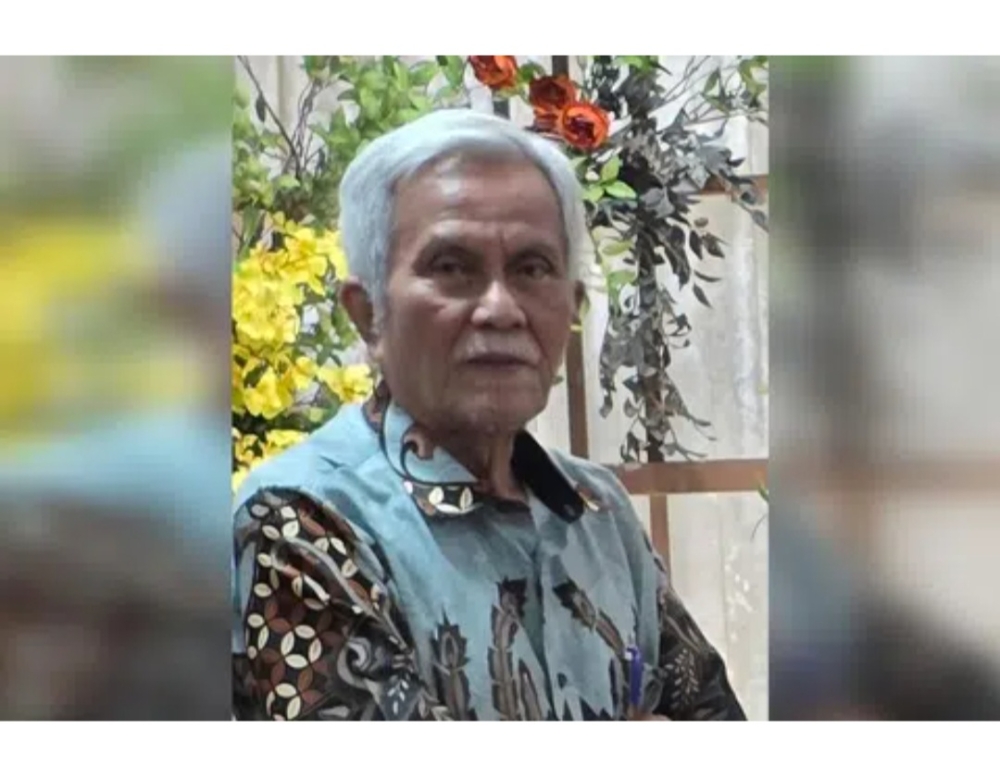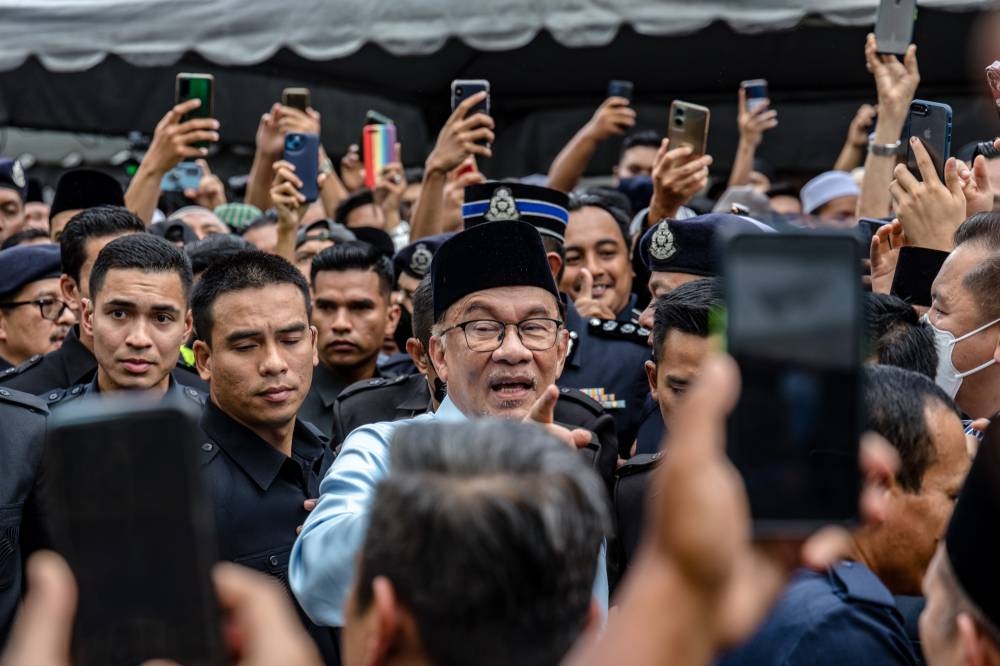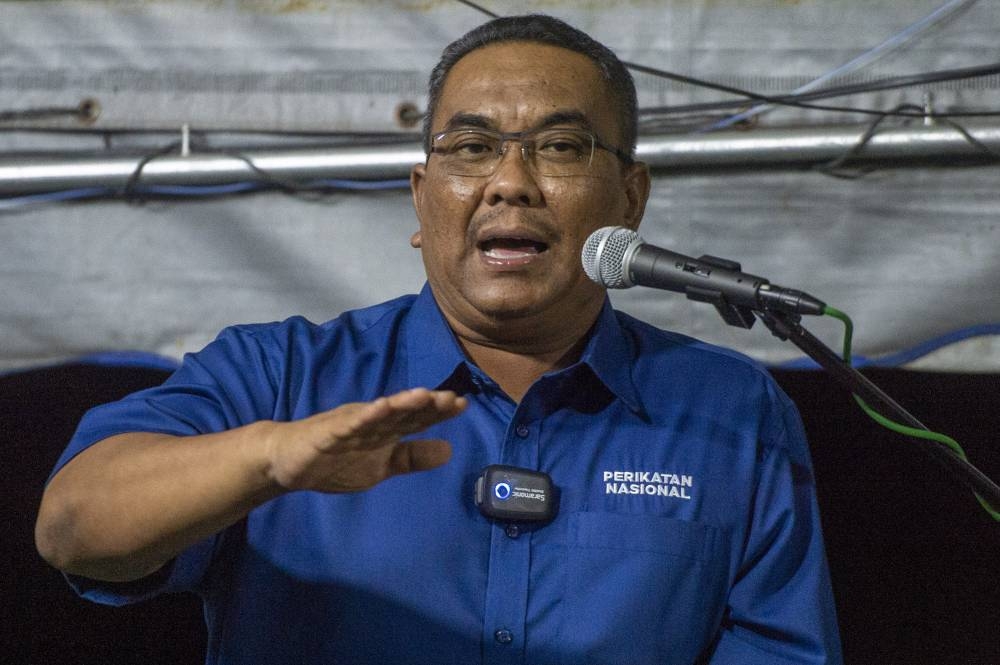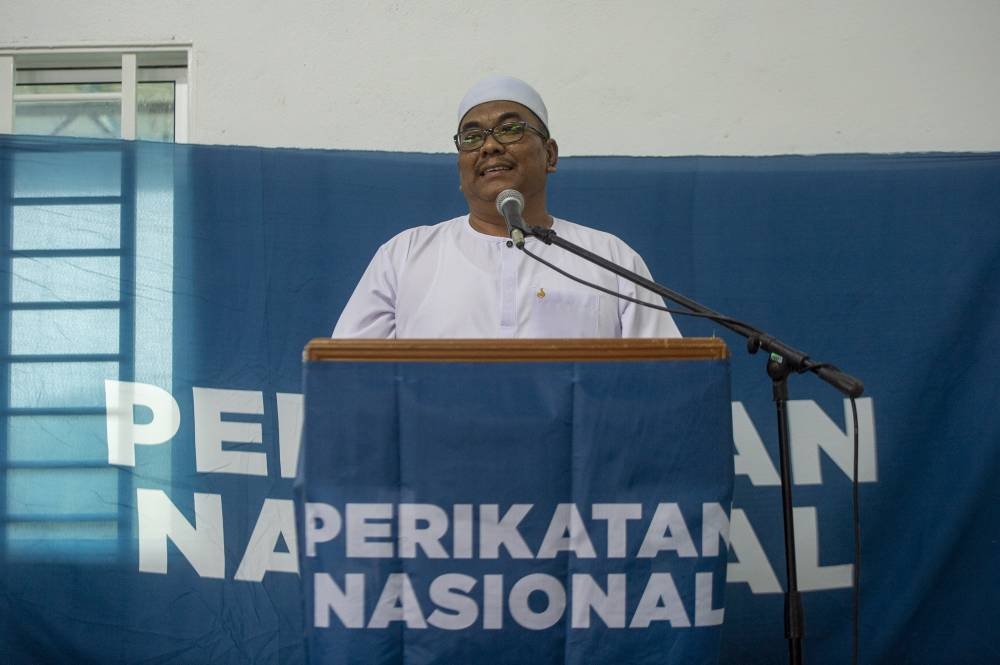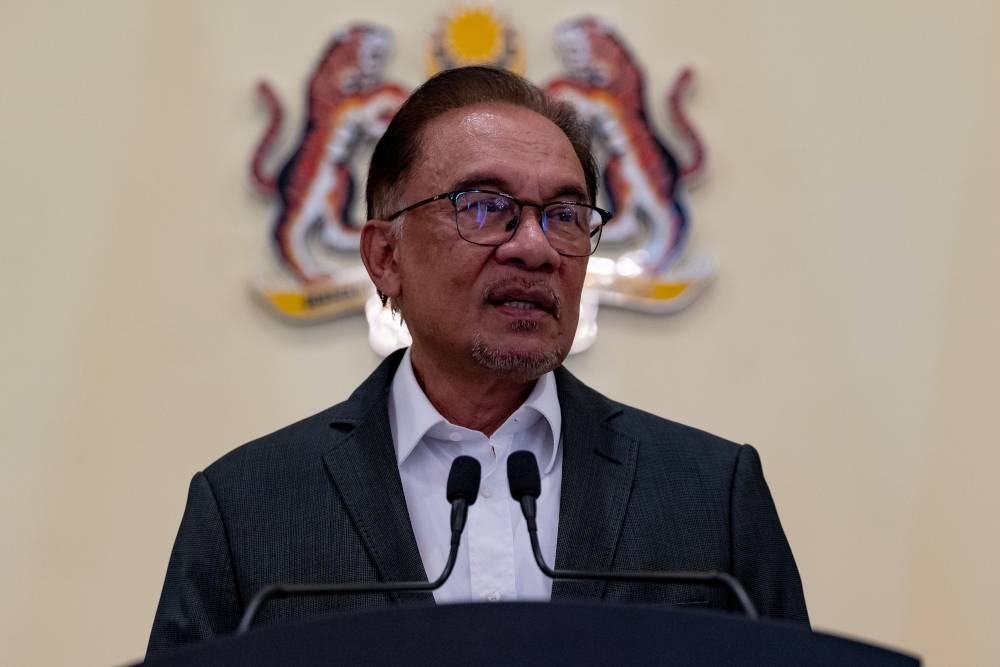KUALA LUMPUR, Dec 16 — Prime Minister Datuk Seri Anwar Ibrahim’s quick legal action against political rivals for alleged defamation was important to discourage dirty politics, said analysts who disagreed that it would harm freedom of speech.
They said Anwar was entitled to take legal action in such instances just as any other citizen of Malaysia, adding that the PM was not suing over criticism but rather unsubstantiated allegations.
“I think if Anwar decided to proceed with legal action on defamation against his political rivals, so be it. We believe that the rule of law will reveal the truth,” Universiti Kebangsaan Malaysia’s (UKM) political analyst Professor Kartini Aboo Talib @ Khalid said.
“Also, Anwar is championing integrity and transparency and such legal action may assist him to clear his name.”
Kartini added that such a measure was fair as it did not restrict Anwar’s accusers and would afford them the opportunity to prove their claims in court.
Swift legal response to such claims was needed to nip public “uneasiness” that the allegations would cause if left unaddressed, said senior fellow at the Nusantara Academy for Strategic Research (NASR) Professor Azmi Hassan.
Noting that Malaysia’s political landscape remained precarious at the moment, he said it was important to curb “dirty politics” quickly and decisively.
The legal action would also allow the lawyers to handle the matter and free up Anwar to concentrate on his duties as the prime minister, he argued.
Azmi also felt that choosing to treat such claims as a civil dispute instead of using the criminal justice system would shift the burden towards Anwar’s accusers, who would need to back up their allegations against him.
“So, yes, I think I agree that Datuk Seri has steps taken for defamation so it can discourage future negative accusations and also this kind of dirty politics,” Azmi said.
Azmi also disagreed that freedom of speech should protect unproven allegations such as the claim that Anwar was a Zionist agent, saying that such “unsubstantiated and wild claims” would hurt Malaysia as a whole.
Last month, Anwar issued a legal demand for PAS’ Baling MP Hassan Saad to retract and apologise over the claim made in an audio clip shared online, failing which he would sue for defamation.
In the eight-page legal letter issued by Anwar’s lawyers, they claimed that Hassan had around November 27 published or caused an audio clip to be posted on Twitter via the Twitter handle “Mohd Ropi Mat Sin”.
In the recording, a woman is heard claiming that Hassan Saad had told her after the general election that PAS had secured enough votes to form the government and that Anwar had “contacted Israel and foreign powers” to interfere in the matter.
“This is the kind of uneasiness that I’m concerned about,” Azmi added.
On December 13, Anwar’s lawyer Datuk Sankara Nair said his client has filed a defamation lawsuit against Kedah Mentri Besar Datuk Seri Muhammad Sanusi Md Nor today over the latter’s statements during the recent 15th general election (GE15) campaign.
While campaigning for Bersatu deputy president Datuk Seri Ahmad Faizal Azumu, Sanusi urged Tambun voters to not vote for Anwar as he, among others, allegedly obtained a royal pardon improperly in 2018.
Anwar has also issued a legal demand to Perikatan Nasional chairman Tan Sri Muhyiddin Yassin seeking a retraction and apology over the claim that the PM had been paid RM15 million annually as Selangor state adviser.
In the ten-page legal letter sent by Anwar’s lawyers at SN Nair & Partners, they claimed Muhyiddin published or caused to be published an excerpt from the PN Grand Finale ceramah in Padang Serai, Kedah, on TikTok through the @beritakini8 account on December 5.
Earlier this month, Anwar also sued Perak PAS Commissioner Razman Zakaria for allegedly linking the prime minister with lesbian, gay, bisexual and transgender (LGBT) culture and claiming he supported communism.
Senior researcher at the O2 Malaysia think tank, Anis Anwar Suhaimi said Anwar was signalling that “any political campaign from the Opposition will be met with legal implications rather than cushioning the attacks with his political rhetoric as well.”
While saying it was not unprecedented or even unusual for politicians to take legal action in such instances, Anis said the propensity to readily sue for defamation could invite suspicion over the government’s commitment to freedom of expression.
“From the aspect of being an individual, he (Anwar) not only exercised his rights, but also acted quickly to prevent his name from being tarnished with any accusations and political attacks.
“However, (given) his position as prime minister, in using the legal mechanism, gives an indication about the direction of Malaysia in the matter of freedom of expression under his administration within his term.
“If this happens, freedom of expression will become increasingly limited for people to get alternative viewpoints from different parties,” Anis said.
He added that Anwar defaulting to legal action might suggest he was unable to ordinarily dispel the allegations against him.
The number of lawsuits filed could also pile up and become a distraction to Anwar later on, he argued.
In a press conference on December 5, Anwar denied ordering police to investigate naysayers who questioned his appointment as prime minister by the Yang di-Pertuan Agong.
Anwar added that he would not order a police probe against anyone criticising his leadership or the unity government which he leads, but has instead stressed to the police that criticism of him as the PM and his government was acceptable in Malaysia’s democracy.















